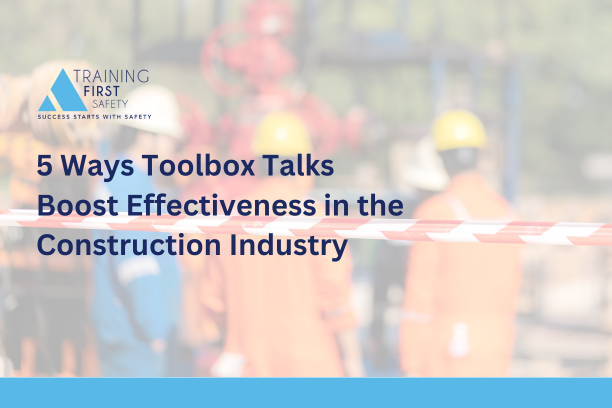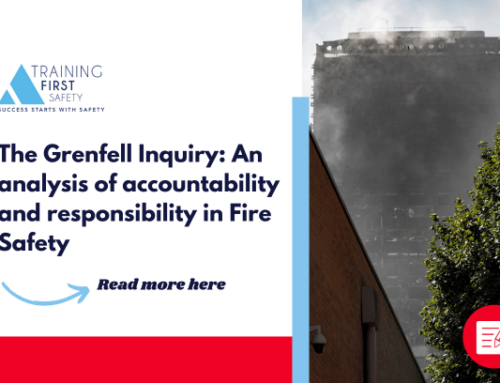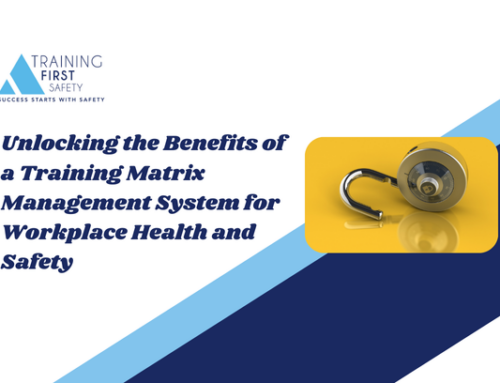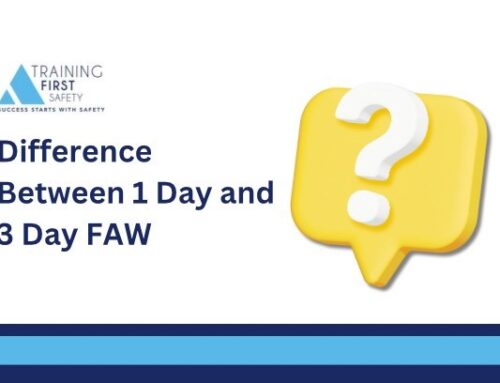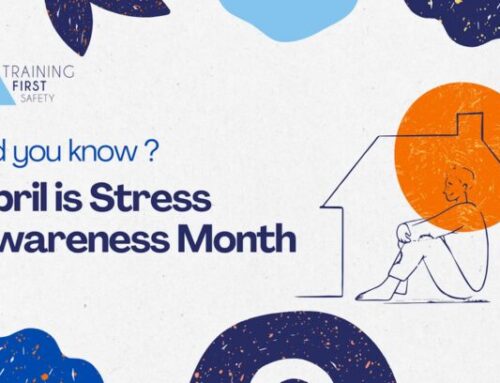Toolbox talks are a vital component of workplace safety, particularly in the construction industry, where the risk of accidents and injuries is high. These short, focused meetings are typically held at the start of a workday or shift and cover specific safety topics relevant to the tasks at hand. When conducted effectively, toolbox talks can significantly enhance safety, improve communication, and foster a strong safety culture.
Here are five ways toolbox talks can be highly effective in the construction industry.
1. Promoting Continuous Safety Awareness
Regular toolbox talks keep safety at the forefront of workers’ minds. By addressing specific safety topics and hazards daily or weekly, these talks ensure that safety is a constant consideration rather than an afterthought. This continuous reinforcement helps to ingrain safe work practices into everyday routines, reducing the likelihood of accidents and promoting a culture of vigilance and mindfulness.
2. Encouraging Open Communication
Toolbox talks provide an open forum for workers to discuss safety concerns, share experiences, and suggest improvements. This encourages a culture of transparency where employees feel comfortable speaking up about potential hazards or near-misses. Open communication fosters trust and collaboration, enabling the team to identify and mitigate risks more effectively. Moreover, it empowers workers to take an active role in maintaining their own safety and the safety of their peers.
3. Tailoring Safety Training to Current Projects
One of the key benefits of toolbox talks is their flexibility and relevance. These sessions can be tailored to address the specific hazards and safety protocols associated with the current project or tasks. For example, if a particular job involves working at heights, the talk can focus on fall prevention and proper use of personal protective equipment (PPE). By addressing immediate and relevant safety concerns, toolbox talks ensure that workers receive timely and practical information that directly impacts their daily activities.
4. Providing Hands-On Demonstrations and Refreshers
Toolbox talks offer an opportunity for hands-on demonstrations and practical refreshers on safety procedures and equipment use. Visual and hands-on learning can be more effective than theoretical instruction, especially in the construction industry where many tasks are physically demanding and technical. Demonstrating the correct use of tools, PPE, and safety protocols on-site ensures that workers understand and can apply safety practices correctly, reducing the risk of accidents.
5. Fostering a Culture of Accountability and Responsibility
Regular toolbox talks help instil a sense of accountability and responsibility among workers. By consistently discussing safety expectations and best practices, employees are reminded of their individual role in maintaining a safe work environment. This collective sense of responsibility encourages everyone to adhere to safety protocols and look out for one another, creating a more cohesive and safety-conscious team. Additionally, recognizing and addressing unsafe behaviours during these talks can lead to positive behavioural changes and a stronger commitment to safety.
Conclusion
Toolbox talks are an essential tool in the construction industry’s safety arsenal. By promoting continuous safety awareness, encouraging open communication, tailoring training to current projects, providing hands-on demonstrations, and fostering a culture of accountability, these short meetings can significantly enhance workplace safety. Investing time and effort into effective toolbox talks not only protects workers but also boosts overall productivity and project success. In the high-risk world of construction, making safety a daily priority through toolbox talks is a wise and impactful strategy.
At Training First Safety, we believe that safety is everyone’s responsibility. Let us help you foster a culture of safety awareness in your workplace. Contact us today for more information about our toolbox talks services.

